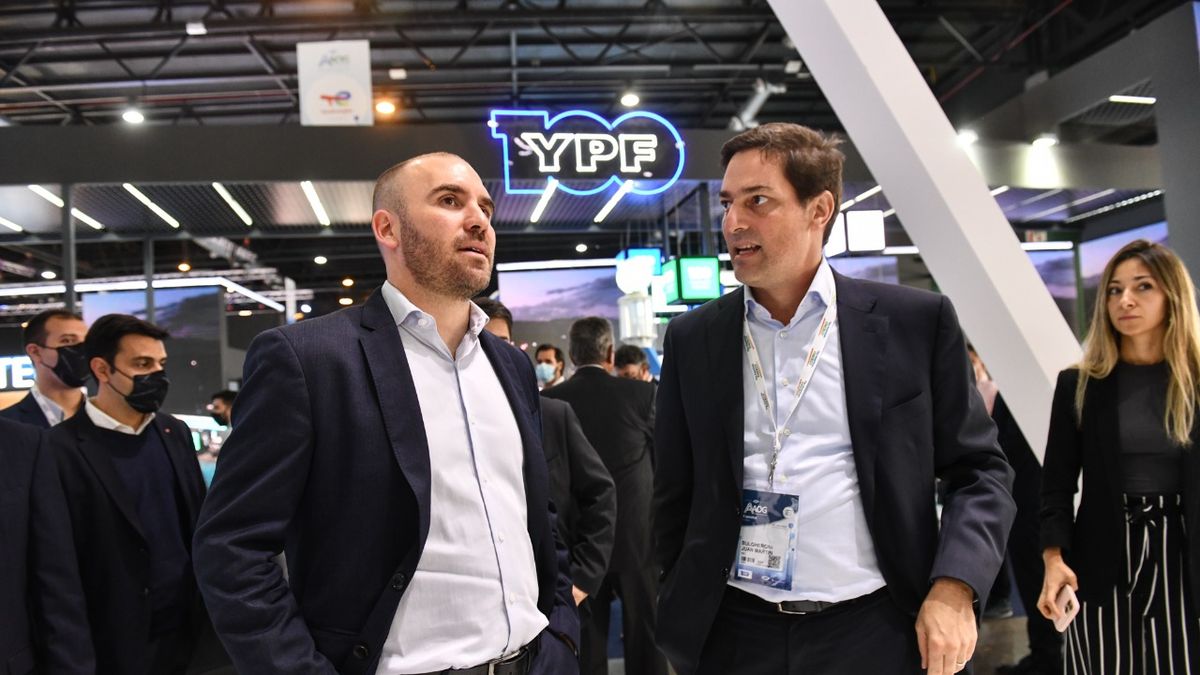During the rise in March, YPF explained that it was due to the “increase in international oil prices.” The state company anticipated that after this adjustment, it would continue to monitor the variables that affect price formation and the international reality. In the midst of the continuation of the war and with international prices that remain high, the oil companies estimate a delay in prices of up to 12%.
As this newspaper learned from private sector sources, YPF is demanding an adjustment, considering that they have to give predictability to the energy sector so that investments in the area are not stopped, with million-dollar projects for the short term, such as the gas pipeline, offshore exploration or dams. In addition, to be able to tend to energy self-sufficiency.
In 2022 the energy imports could amount to US$12.5 billion, the highest data in history, according to the consulting firm Economy and Energy, directed by Nicolás Arceo. In any case, with the rises in February and March, the accumulated figure is above quarterly inflation, 16.1%. But, Last year, inflation in 2021 was 50.9%, and the rise in gasoline was 30%.
Different is the case of the rates. As this newspaper learned, Guzmán gave the green light to move forward with the public hearings, the legal step necessary to implement a rise in electricity and gas bills. After the 20% increase made in March (it was reflected in the Indec, but not yet in the bills, since they were bimonthly invoices), another 20% is expected for the bulk of householdsas agreed with the IMF.
Based on this formula to be implemented, the increase will be 43% for the majority, 22% for those with a social rate and then a total removal of subsidies for the 10% with the greatest economic capacity, which will be implemented in June. In any case, with a global energy crisis and historical LNG prices, a sector of the coalition linked to Vice President Cristina Kirchner considers that these increases will not result in lower energy subsidies, and therefore in fiscal savings to lower the deficit, and thus meet the necessary goal to receive disbursements from the IMF.
in search of the anchor
With the unfreezing of tariffs, the massive reopening of joint ventures and a dollar that has to remain competitive, as agreed with the IMF, the government is looking for an anchor. Although it accelerated the daily micro devaluations of the dollar, which stopped running at 1% per month to rise to an average 4%, they anticipate that in the coming months the crawling peg will run a few points behind inflation, to try to moderate the rise in pricesas this newspaper learned.
In any case, official sources clarify, this does not mean delaying the dollar. The multilateral exchange rate remains competitive due to the acceleration of global inflation and the strengthening of the currencies of trading partners, according to the consulting firm Equilibra.
Meanwhile, they bet on a strengthening of the peso by maintaining positive real interest rates, gradually lowering the exchange rate gap, maintaining the price freeze with the new baskets of regulated products and the accumulation of international reserves, with imminent multilateral loans. In addition, as Guzmán added in the interview with C5N, they seek “political support” to calm expectations.
Source: Ambito
David William is a talented author who has made a name for himself in the world of writing. He is a professional author who writes on a wide range of topics, from general interest to opinion news. David is currently working as a writer at 24 hours worlds where he brings his unique perspective and in-depth research to his articles, making them both informative and engaging.




